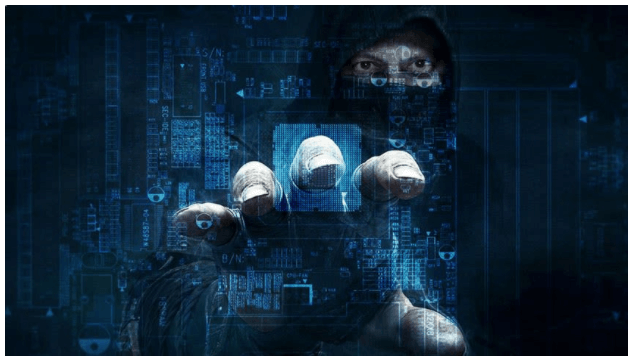What exactly is EthicalHacking?
It sounds complicated, and many people think it’s impossible to learn how to be an ethical hacker. However, this is far from reality. Many hackers throughout history have performed many actions that would seem to be unethical. They were just doing what they felt was right.
An ethical hacker is someone who studies, investigates and acts upon emerging technologies that pose potential threats to computer networks. An ethical hacker may test a new software program to see if it will execute randomly or behave differently when exploited. For example, an attacker could search for weak spots in firewalls that would allow hackers to gain access to confidential data. The field of ethical hacking covers many different techniques and programs, including computer security, reverse engineering, digital discovery, network security, and Security+ testing. These hackers often collaborate with other professionals to conduct joint research and testing.
Ethical Hacking is conducted to help prevent or identify security vulnerabilities in websites, client-side software, and server applications. Vulnerability assessment is a crucial component of this work. A vulnerability assessment determines whether a vulnerability exists that can be exploited for malicious attackers to use as they desire. Vulnerability assessment determines whether a problem is already present. Whether a problem exists or not depends on what’s known about the website, the business, and the type of technology used.
What is the Type of Ethical Hackers?
Some hackers use their skills to infiltrate companies or computer systems and steal private information. Other types of hackers use their skills for less harmful activities such as testing web servers for connectivity issues or sending out bogus emails to look like legitimate.
Some examples of unethical hacker activities include bypassing firewalls, using remote servers, sending out viruses, spamming websites, breaking into databases, stealing confidential information, and leaking sensitive company data. Kali Linux is an open-source operating system that provides a platform for ethical hackers and developers to develop malware, spyware, and other malicious software. It is not difficult for a skilled Kali Linux hacker to create their remote control programs (ROPs) and DDoS (damage-doer attacks) against websites. The episode takes place from the internet, usually over the secure internet connections.
A growing concern is that some qualified people in government may misuse hacking for the National Security Agency (NSA) and other intelligence agency purposes. This would violate the spirit of the Fourth Amendment. Other concerns are that there is no way to know if the activities of legitimate contractors and workers are being performed ethically or not. Similarly, strong defenses against attacks from nation-states and other aggressive countries are not in place because these attackers would have many sophisticated reasons up and would be unwilling to spend the resources on such a defense if it means that their mission can be easily accomplished.
Many corporations and businesses regard penetration testing as an ECCouncil CEHv10 Exam Technique because it does not involve the theft of company or employee information. Penetration testing, however, is conducted by unethical hackers who want to see what vulnerabilities their hacking attempts have successfully exploited and would typically want to test the results obtained. Pen Testing is a branch of ethical hacking that controls a system through various methods. Some of the methods used by pen testers include testing the websites that a hacker may want to attack, testing the email accounts of customers, and testing the websites that they think would have a high likelihood of containing harmful software. Penetration testing is very useful because it is not known what percentage of web servers are vulnerable to attack.
In addition to looking at what types of web application hacking are occurring today, it is also essential to look at the ethical hacker techniques being used by those who may be engaged in such activity. While companies must remain vigilant against external threats, companies themselves should work to make their internal networks as secure as possible. The increased awareness of web application security measures that are necessary by businesses will only strengthen these companies’ defenses against external threats.

